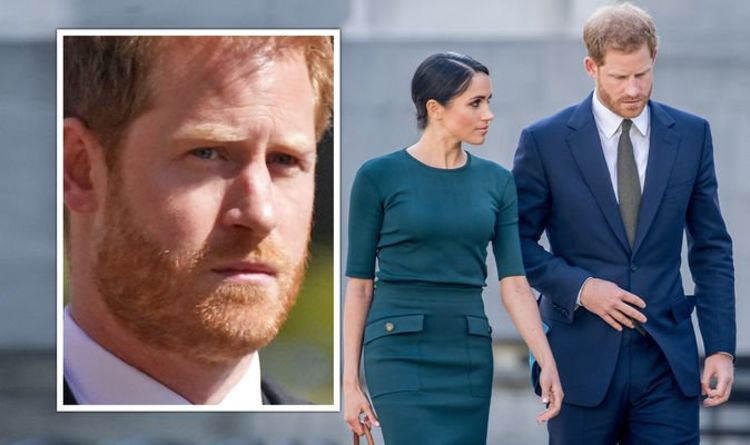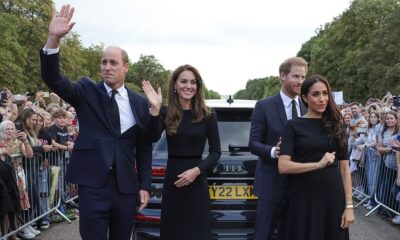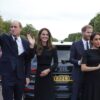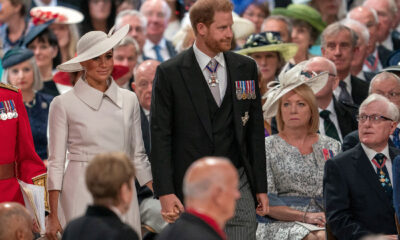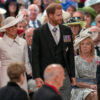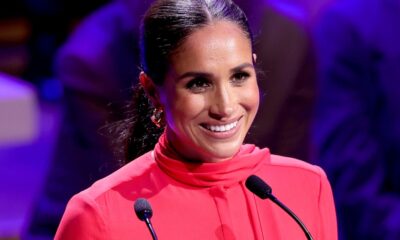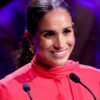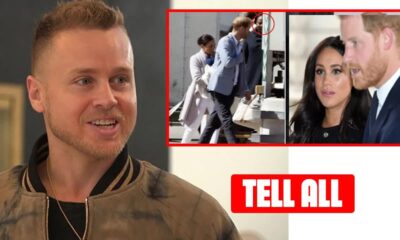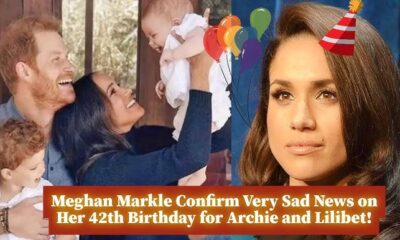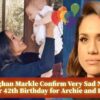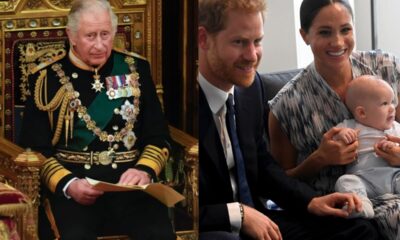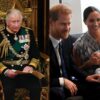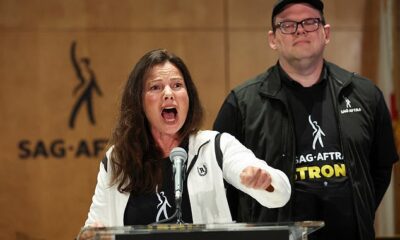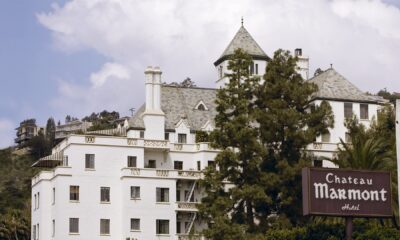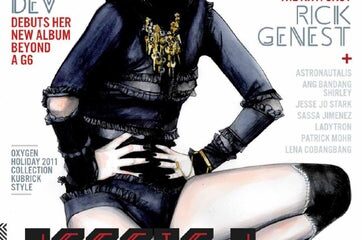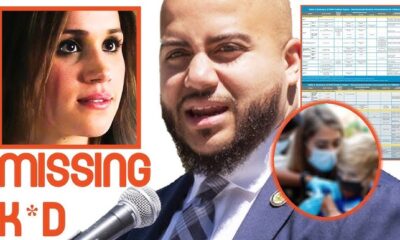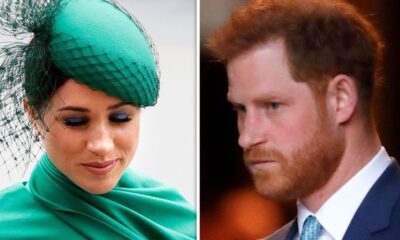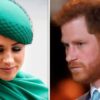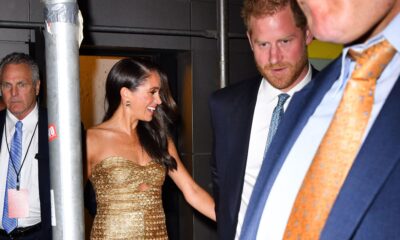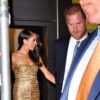Royal Family News
Prince Harry and Meghan Markle, the Duke and Duchess of Sussex, have been making headlines again, this time for their non-titled children.
According to Gertrude Daly, a royal expert who runs the Gerts Royal podcast, the couple may have left the UK because of the lack of privileges that come with their children not having Prince and Princess titles.
The couple announced their decision to step back from senior royal duties on January 8, 2020.
In March of the same year, they appeared in an explosive tell-all interview with Oprah Winfrey, where they made claims of bullying and racism within the royal family.
Daly claims that the couple used people's lack of understanding on how British titles work to their advantage.
Daly told Daily Star, “I think what upset the Sussexes was the loss of the privileges that come with not having the title Prince/Princess.
And I think they also, in the Oprah interview, were playing into most people's lack of understanding of how British titles work.
Most people assume all children of Prince and Princesses are themselves a Prince/Princess.
Trending:
And they were able to turn the 100-year-old rule into an example of how they have been victimized.”
It was reported at the time of Archie's birth in May 2019 that he would not be a Prince because Harry and Meghan wanted their son to have a normal life.
However, Meghan claimed in the Oprah interview that he did not have a title because the institution of the monarchy didn't want their child to have one.
Daly claims that this isn't true and states that there is a 100-year-old rule in play.
Under the 1917 letters patent by King George V, only children of the monarch, children of the sons of the monarch, and the eldest son of the eldest son of the heir apparent were entitled to the title Prince/Princess.
So, the rule that prevented Harry's children from being Prince/Princess during the Queen's reign actually dates back to 1917.
In her sit-down interview with Oprah Winfrey, Meghan addressed the issue when Oprah asked, “how did they explain to you that your son, the great-grandson of the Queen, wasn't going to be a Prince?”
Meghan said the palace decreed that Archie, who turns two in May, would not have any title, a move she says was different from protocol.
“They didn't want him to be a Prince, which would be different from protocol, and that he wasn't going to receive security,” she told Oprah.
“What's more, we have in tandem the conversation of, he won't be given security.
He's not going to be given a title.
And also concerns and conversations about how dark his skin might be when he's born.”
When Prince Harry and Meghan were married in May 2018, Queen Elizabeth gave them the titles of Duke and Duchess of Sussex.
Archie was entitled to the courtesy title, Earl of Dumbarton.
However, the couple announced shortly after his birth that they had not given him a courtesy title and he would be known as Archie Mountbatten-Windsor.
Under current guidelines, great-grandchildren of the monarch are not princes or princesses, except for children of the eldest son of the Prince of Wales, which is why Prince William and Kate Middleton's children are Prince George, Princess Charlotte, and Prince Louis.
It is possible that Archie could receive a royal title later in life.
When Prince Charles becomes king, the title of Prince will be automatically given to him as the child of a son of the king.
It seems that the lack of titles for their children may have been a contributing factor to the couple's decision to leave the UK and start a new life in California.
Daly claims that they were able to use people's lack of understanding of British titles to their advantage and turn the 100-year-old rule into an example of how they have been victimized.
The couple's decision to step back from their royal duties and move to the US has caused a stir in the media.
While some have praised them for their bravery, others have criticized them for their actions.
Top stories:

